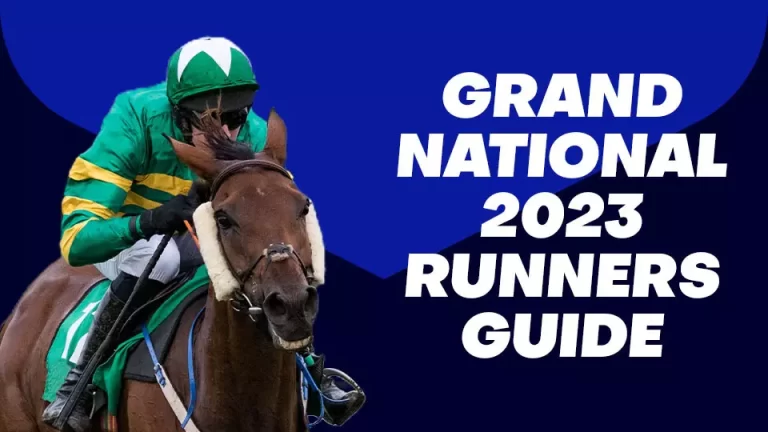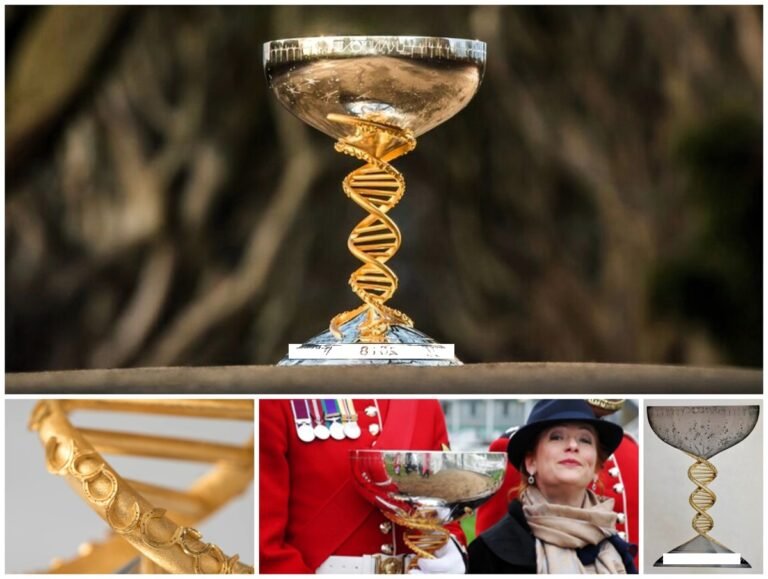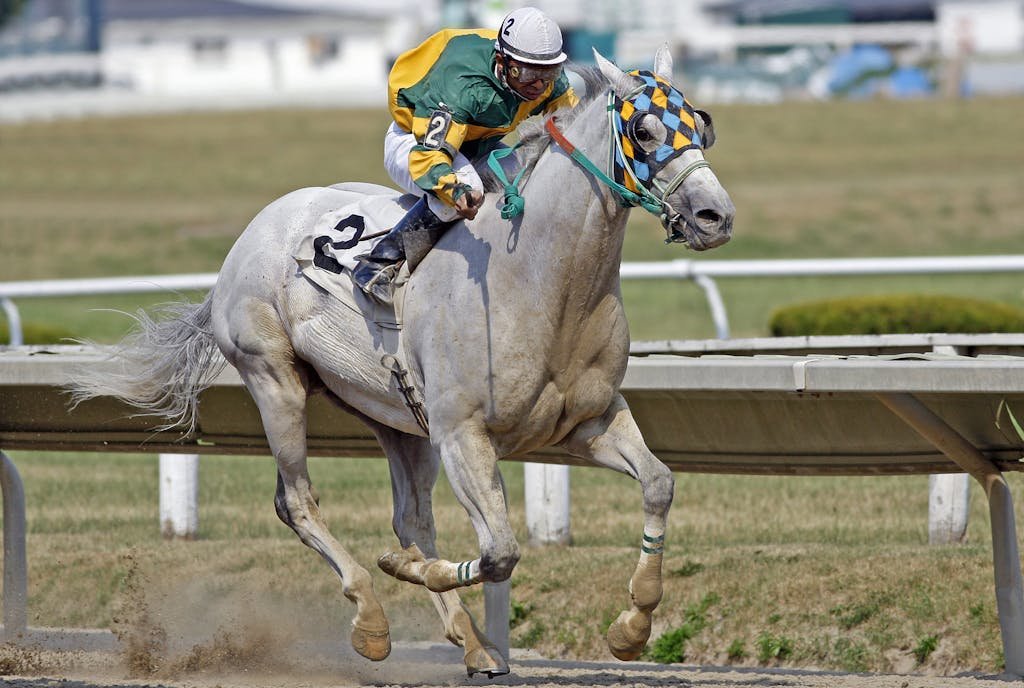Betting Psychology Understanding the Grand National Gambler

As the Grand National Gambler approaches, excitement and anticipation fill the air. The world’s most famous steeplechase attracts millions of spectators and punters, all hoping to strike it lucky and back the winning horse. But what goes on in the mind of a Grand National gambler? What psychological factors influence their decisions and behaviors? In this article, we delve into the psychology of betting and explore the inner workings of the Grand National gambler’s mind.
The Thrill of Uncertainty
One of the primary reasons people are drawn to betting on the Grand National is the thrill of uncertainty. The outcome of the race is unpredictable, making it an exciting and exhilarating experience for punters. The human brain is wired to seek novelty and excitement, and betting on the Grand National provides just that.
Research has shown that the anticipation of a potential reward triggers the release of dopamine in the brain, creating a pleasurable sensation. This dopamine rush is what makes betting on the Grand National so enticing to many individuals.
The Illusion of Control
Another psychological factor that influences the Grand National gambler’s mind is the illusion of control. Punters often believe that they have some level of control over the outcome of the race, even though it is ultimately determined by the horses’ performance and other uncontrollable factors.
This illusion of control gives individuals a sense of empowerment and increases their confidence in making informed betting decisions. They may analyze statistics, study the form of the horses, and consider various factors such as the jockey’s experience or the track conditions. While these factors may have some influence, they cannot guarantee a winning bet.
The Influence of Social Proof
Humans are social creatures, and we often look to others for guidance and validation. This social influence also plays a role in the Grand National gambler’s mind. When punters see others placing bets or discussing their strategies, it creates a sense of social proof.
Seeing others engage in betting activities can make individuals feel more confident in their own decisions and increase their willingness to take risks. This is particularly true when the individuals they observe are perceived as knowledgeable or successful in their betting endeavors.
The Role of Cognitive Biases
Cognitive biases are inherent tendencies in human thinking that can lead to irrational decision-making. These biases also come into play when it comes to betting on the Grand National.
One common cognitive bias is the availability heuristic, where individuals rely on readily available information when making judgments. For example, if a particular horse has recently won several races, punters may overestimate its chances of winning the Grand National, despite other factors that could influence the outcome.
Another cognitive bias that affects the Grand National gambler’s mind is the confirmation bias. This bias leads individuals to seek out information that confirms their existing beliefs or preferences. Punters may selectively focus on positive information about a horse they have already chosen to back, ignoring any negative aspects that could impact its performance.
The Emotional Rollercoaster
Betting on the Grand National can be an emotional rollercoaster. Punters experience a range of emotions, from excitement and hope to disappointment and frustration. These emotional highs and lows can further fuel the desire to continue betting and chase the elusive win.
Research has shown that the brain’s response to winning is similar to its response to certain drugs, such as cocaine. This reinforces the pleasure-seeking behavior and can lead to addictive tendencies in some individuals. Understanding and managing these emotions is crucial for responsible gambling.
Conclusion
The psychology of betting on the Grand National is a complex and fascinating subject. The thrill of uncertainty, the illusion of control, the influence of social proof, cognitive biases, and the emotional rollercoaster all contribute to the unique experience of being a Grand National gambler.
By understanding these psychological factors, individuals can make more informed decisions and engage in responsible gambling. It is essential to approach betting with a clear understanding of the risks involved and to set realistic expectations. Remember, the Grand National is not just about winning; it’s about enjoying the spectacle and the excitement of the race.






